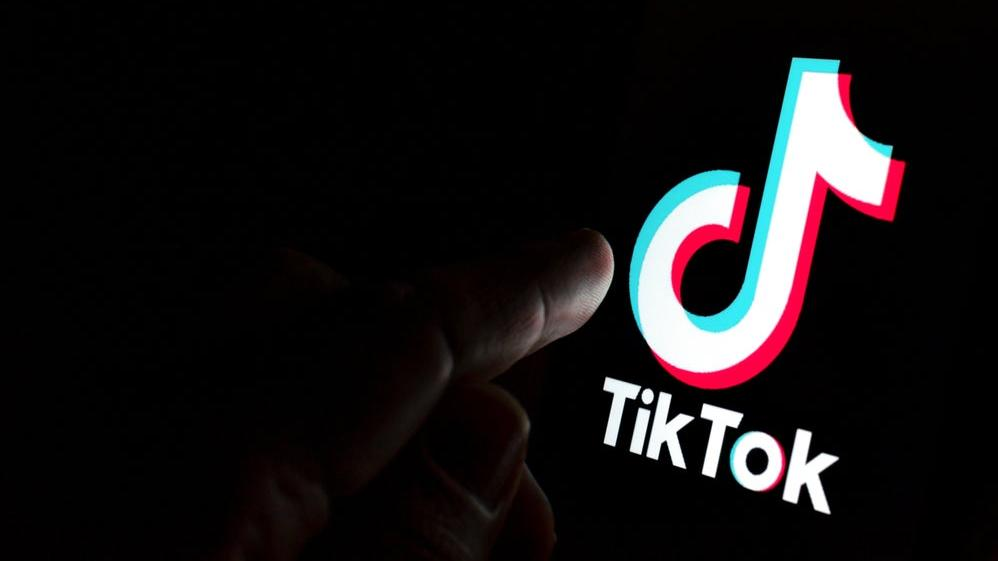TikTok Never Really Wanted To Ban Shitty Diet Content
Despite new community guidelines, weight loss videos continue to dominate TikTok's algorithm.
Earlier this year, I reported on TikTok's flashy new community guidelines. The guidelines ban deadnaming, misgendering, misogyny, and, interestingly, any content that "promotes disordered eating." But now, just four months after the release of the new guidelines, dangerous diet content continues to spread across TikTok at dizzying rates. Take Australia, for example, where there's a nationwide shortage of an essential diabetes drug—because TikTok gurus are promoting the drug for weight loss. I've said it once, I'll say it again: TikTok doesn't actually care about eliminating disordered eating content from its platform.
How TikTok caused a diabetes drug shortage
According to News.com.au, TikTokers are now promoting the speedy weight-loss benefits of semaglutide, a medication developed to treat type 2 diabetes by increasing insulin production. The drug does lend itself to weight loss—research suggests it suppresses appetite, and the FDA approved semaglutide as an "obesity treatment" for Americans in June 2021. (That's a conversation for another day, but suffice it to say: kiss my ass, FDA.)
Semaglutide is not yet approved as a weight loss drug in Australia, but Australian TikTokers are still buying the drug like crazy. Now, News.com.au reports, several Australian health organizations have issued a joint statement urging doctors to limit semaglutide prescriptions amidst a shortage of the drug, restricting its use except among patients with type 2 diabetes.
Why TikTok’s dangerous diet content won’t go away
TikTok's updated community guidelines include the following disclaimer around pro-disordered eating content:
"Content that promotes unhealthy eating behaviors or habits that are likely to cause adverse health outcomes is not allowed on the platform. This includes content expressing desire for an eating disorder, sharing tips or coaching on disordered eating, and participation in unhealthy body measurement challenges."
Great! Problem solved. Right?
Wrong. Like I've said before, diet culture is so normalized that extreme measures—such as rush-ordering a diabetes drug to drop a few pounds without the supervision of a doctor—aren't considered "disordered" behaviors. It's no surprise that the TikTok hashtag #SemaglutideForWeightLoss currently has more than 1.3 million views. Worse, some of these videos include doctors hawking "weight loss packages" for a few hundred bucks, offering to ship semaglutide and other medical weight loss interventions nationwide.
Ultimately, extreme weight loss content is immensely popular. That translates to a lot of eyeballs on TikTok's content—and a lot of money in TikTok's digital pocket. That's why I remain convinced that TikTok will never take meaningful steps to reduce harmful diet content on the platform. TikTok is full of this junk (and plenty of straight-up lies, too), and it'll continue to spread. The more it spreads, the more people it'll impact, muffling the grossed-out screams of those of us who bother to protest. It's safe to say I don't have high hopes for my For You Page.
